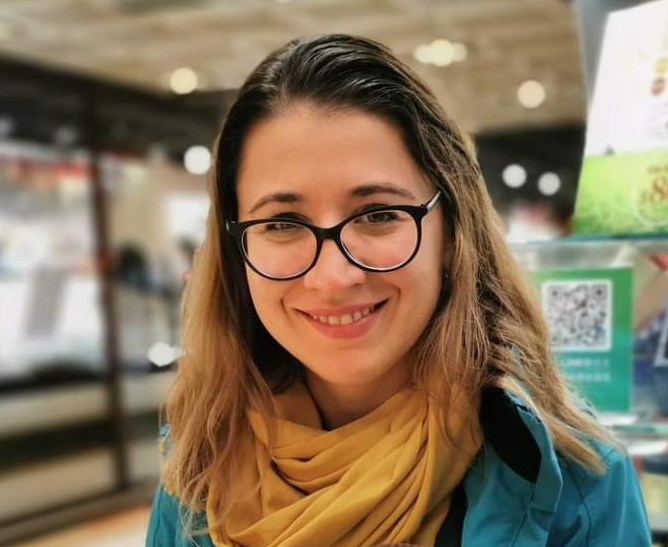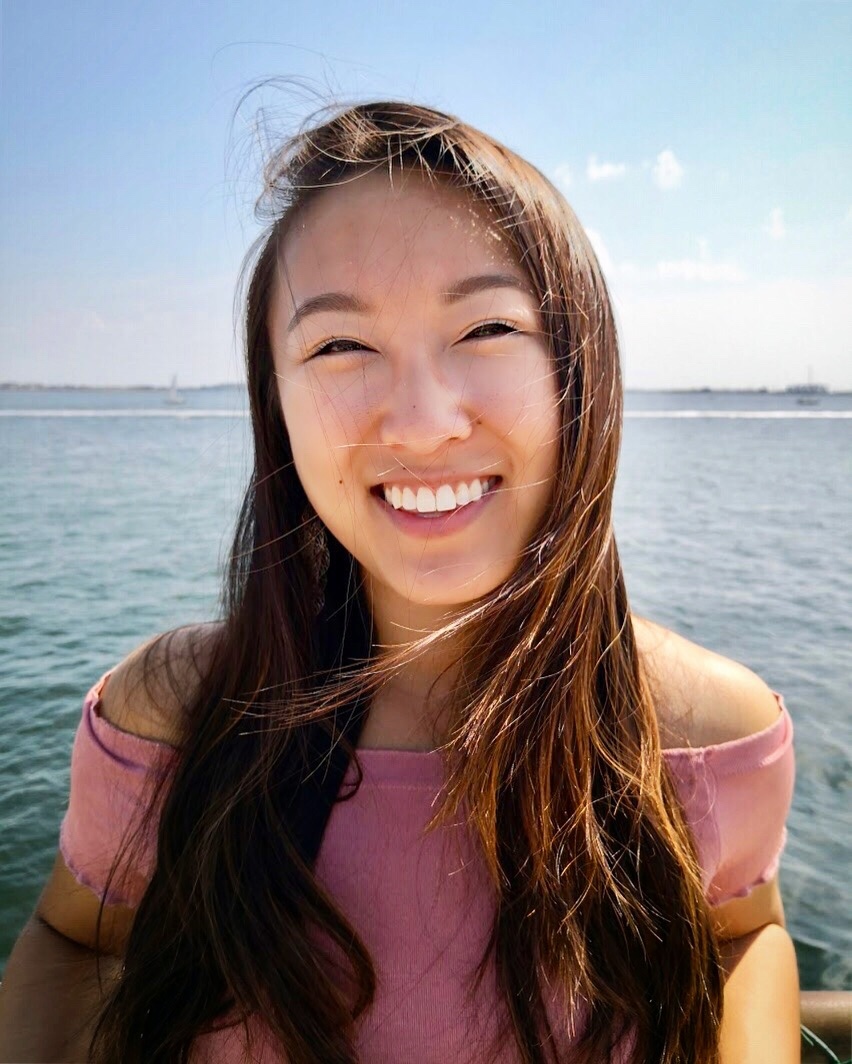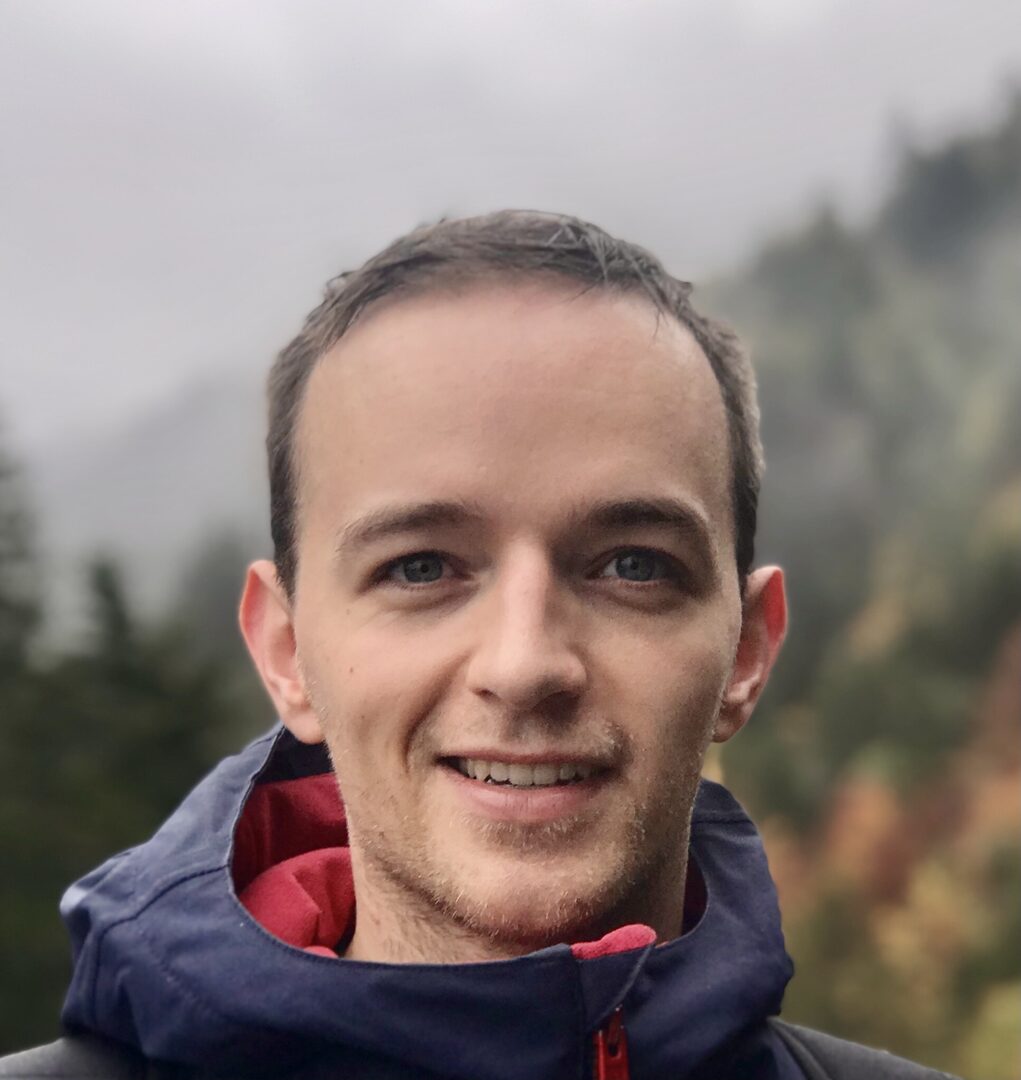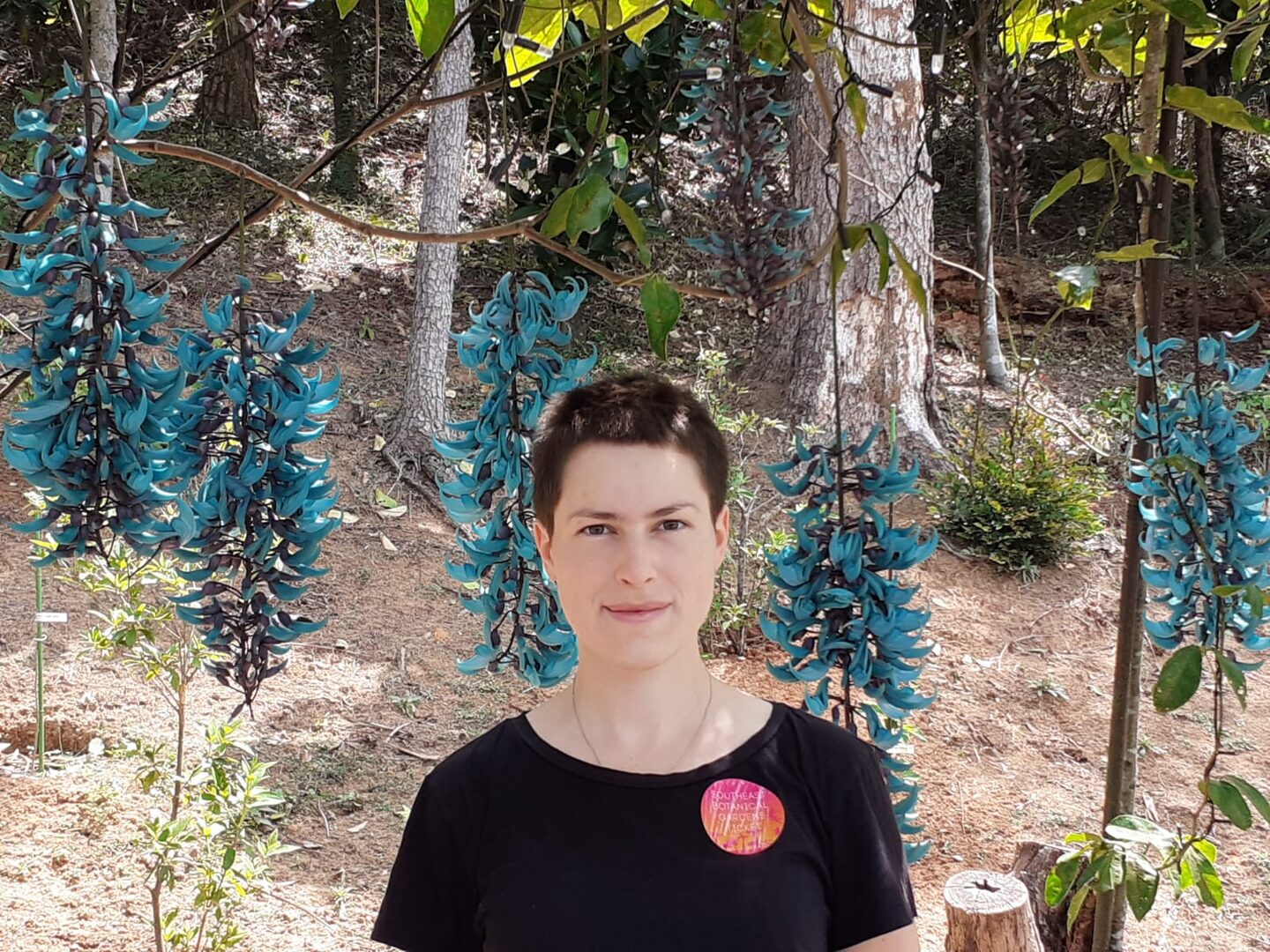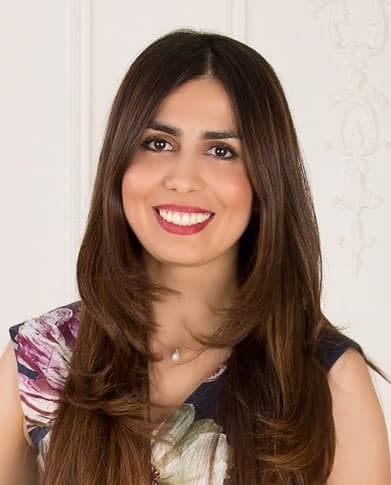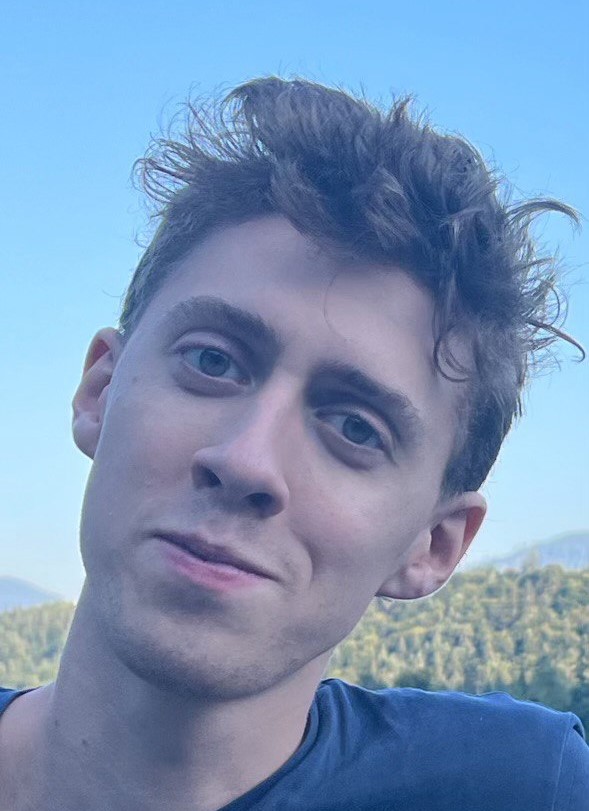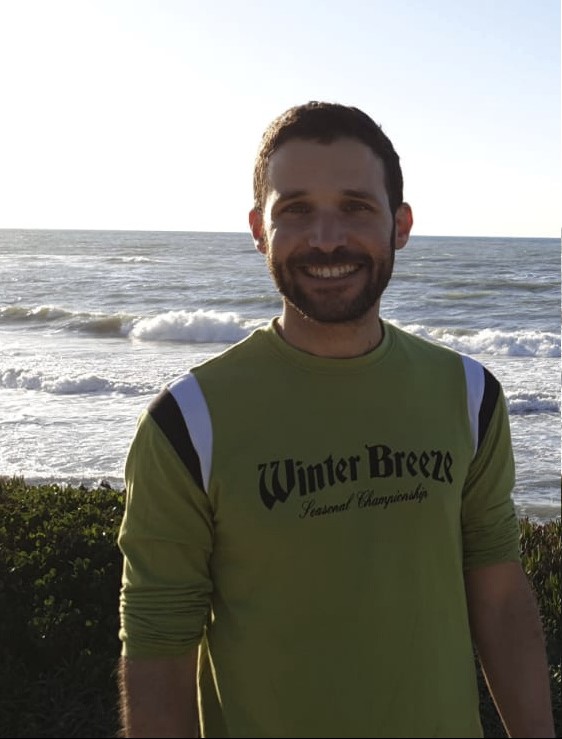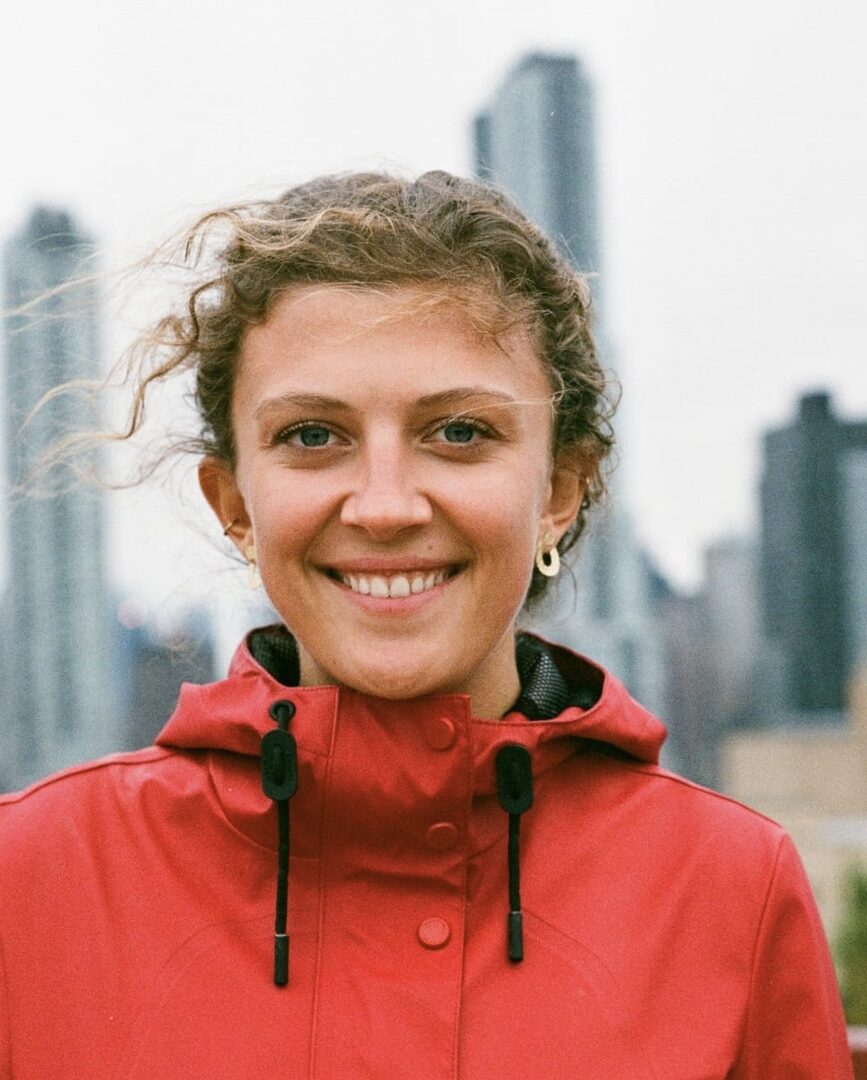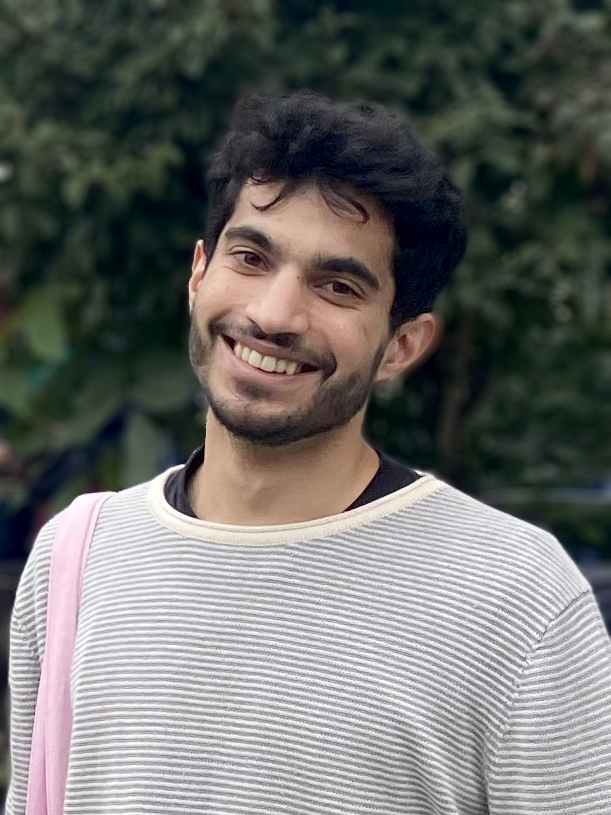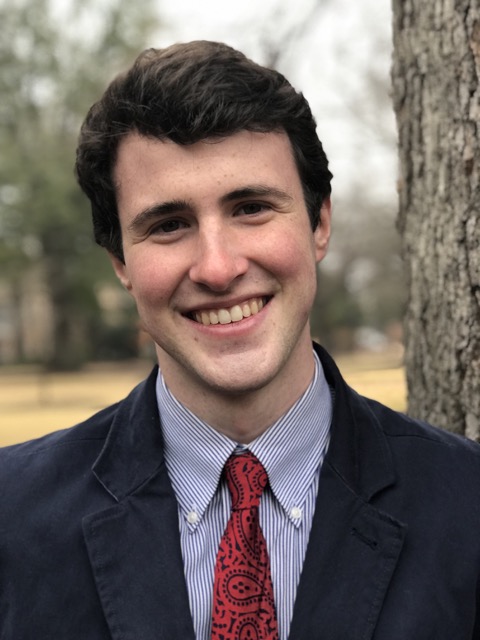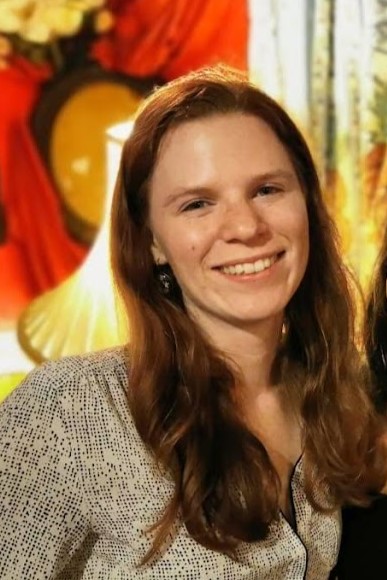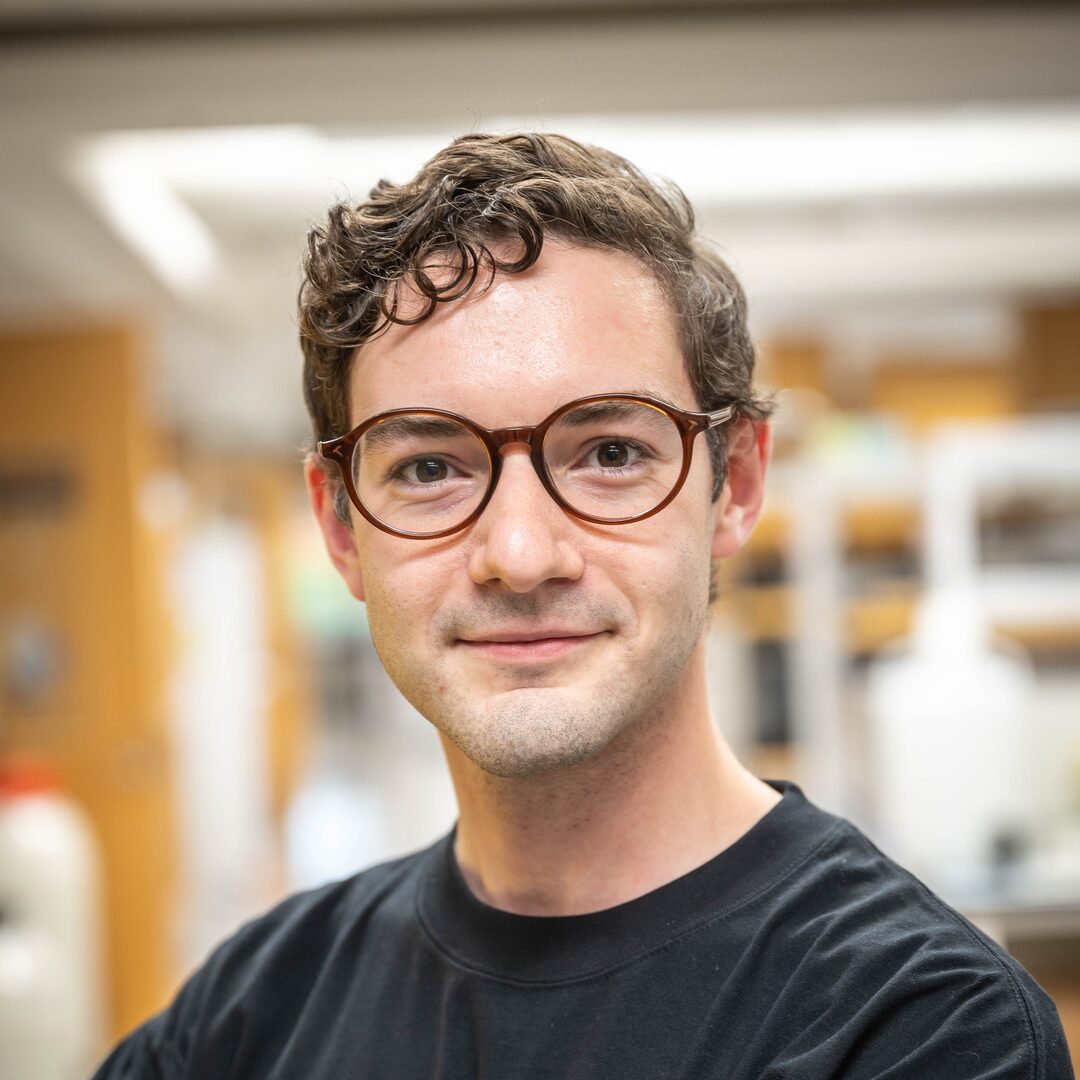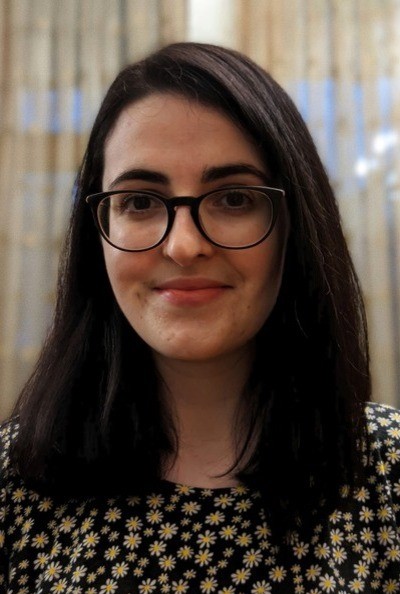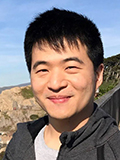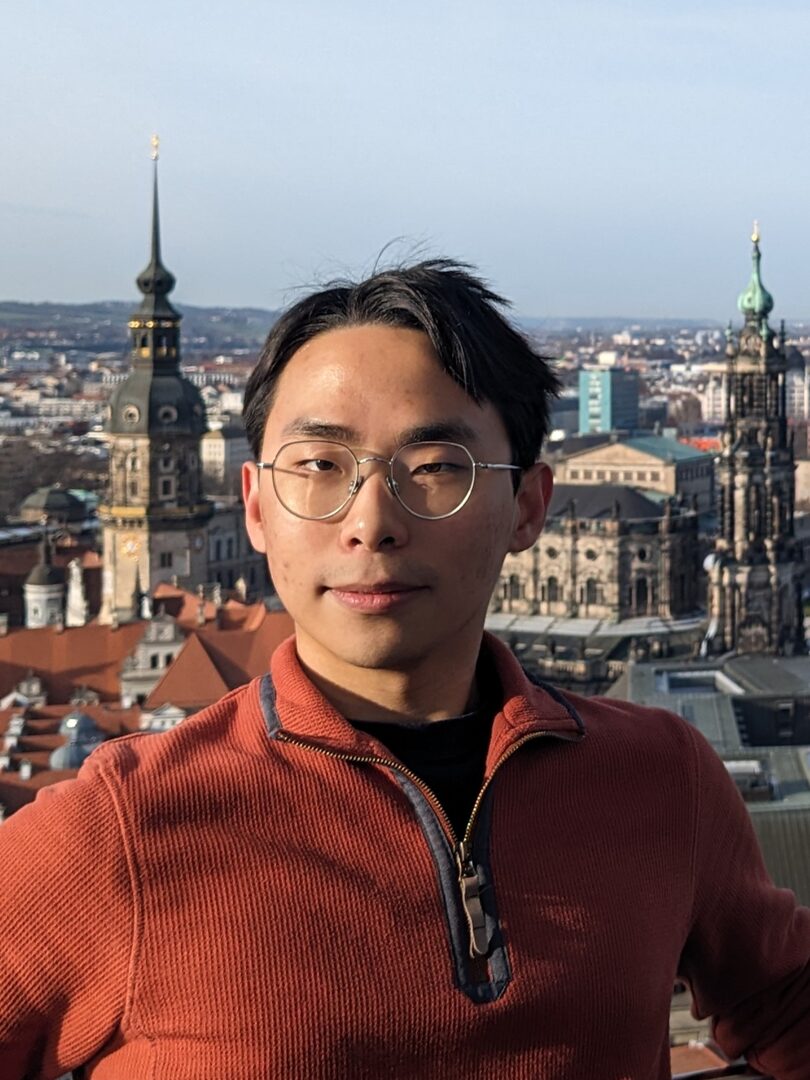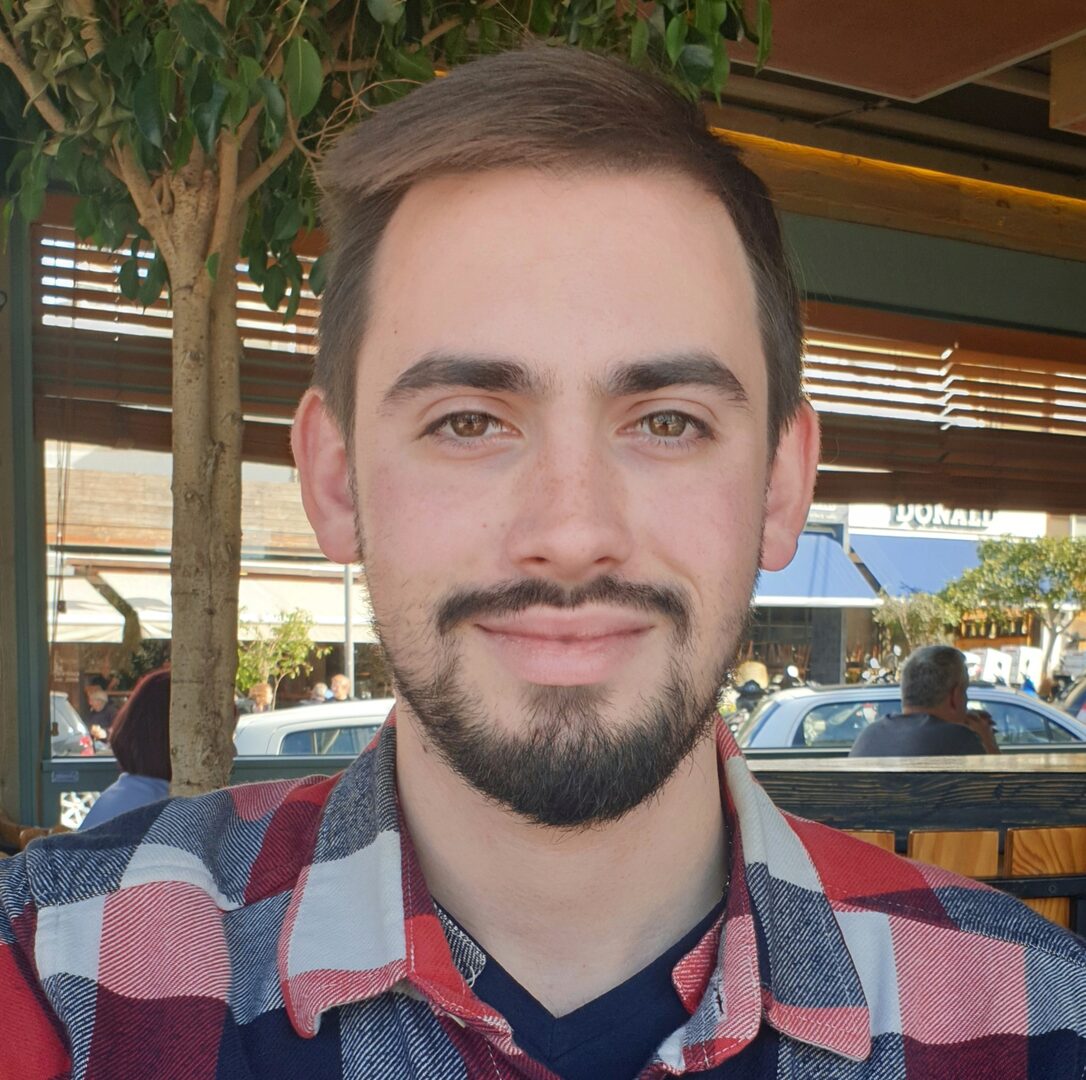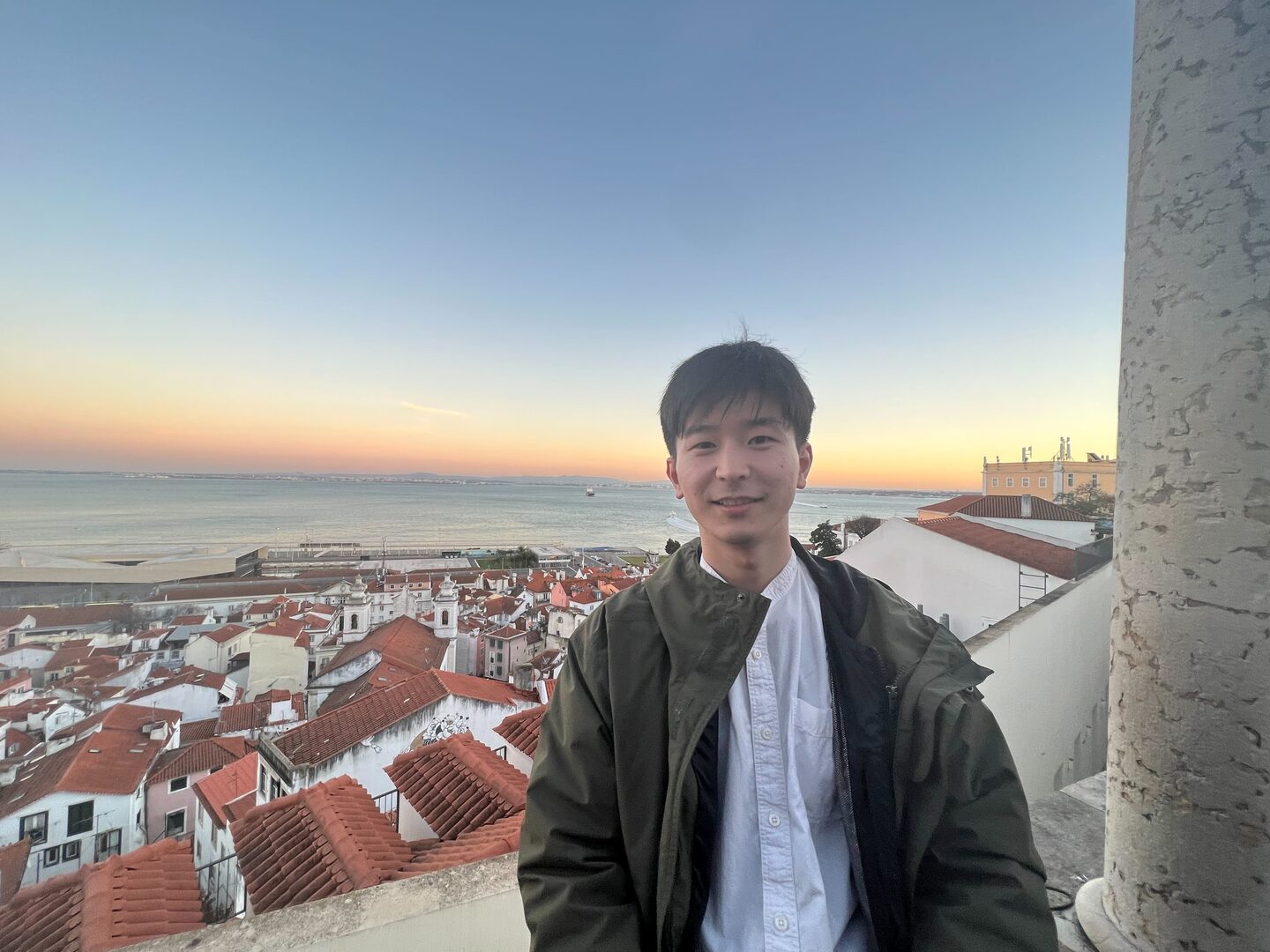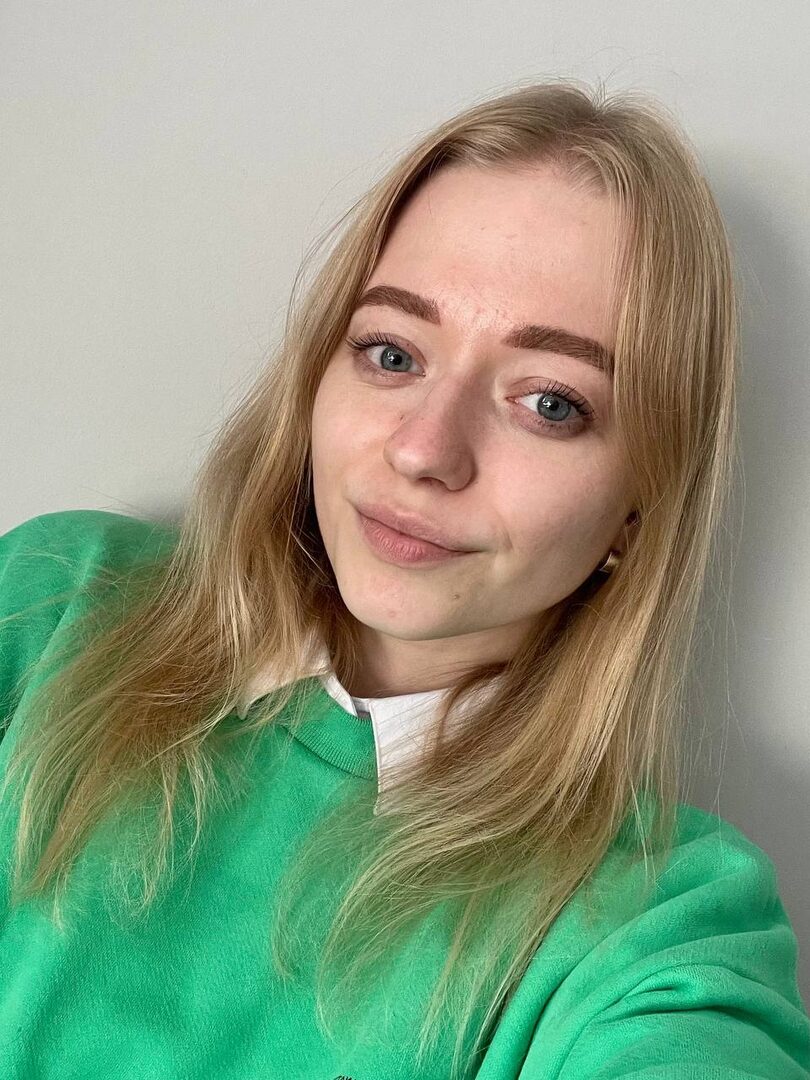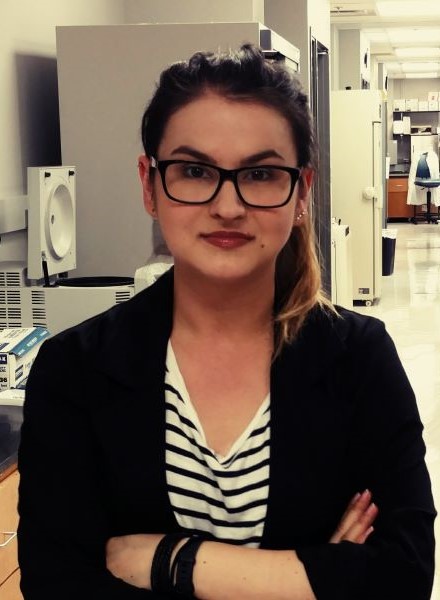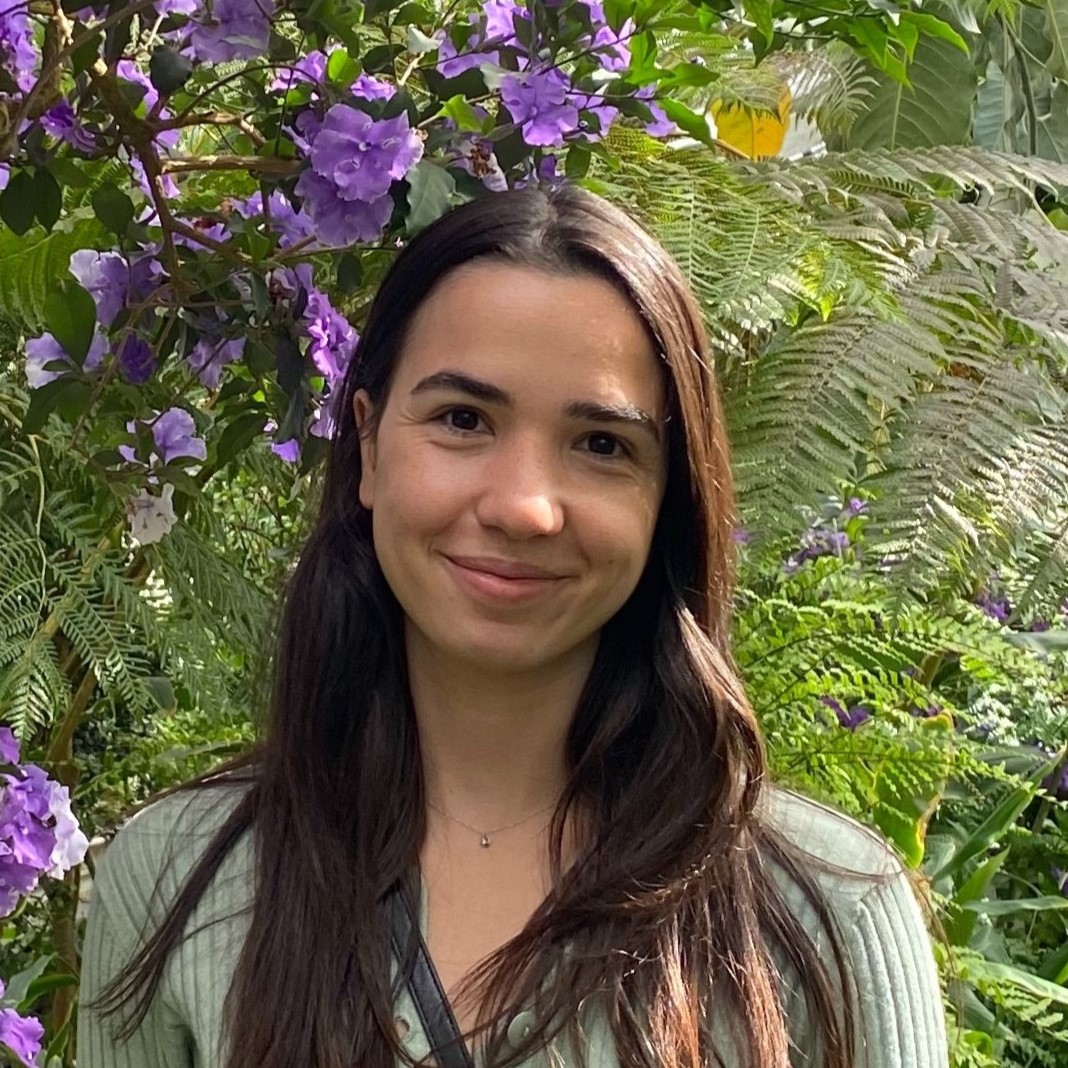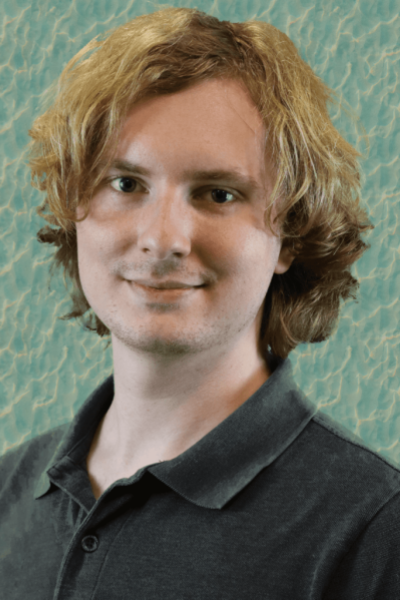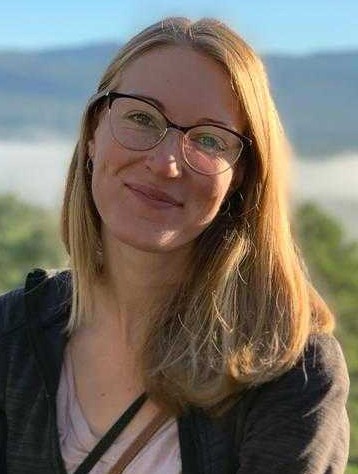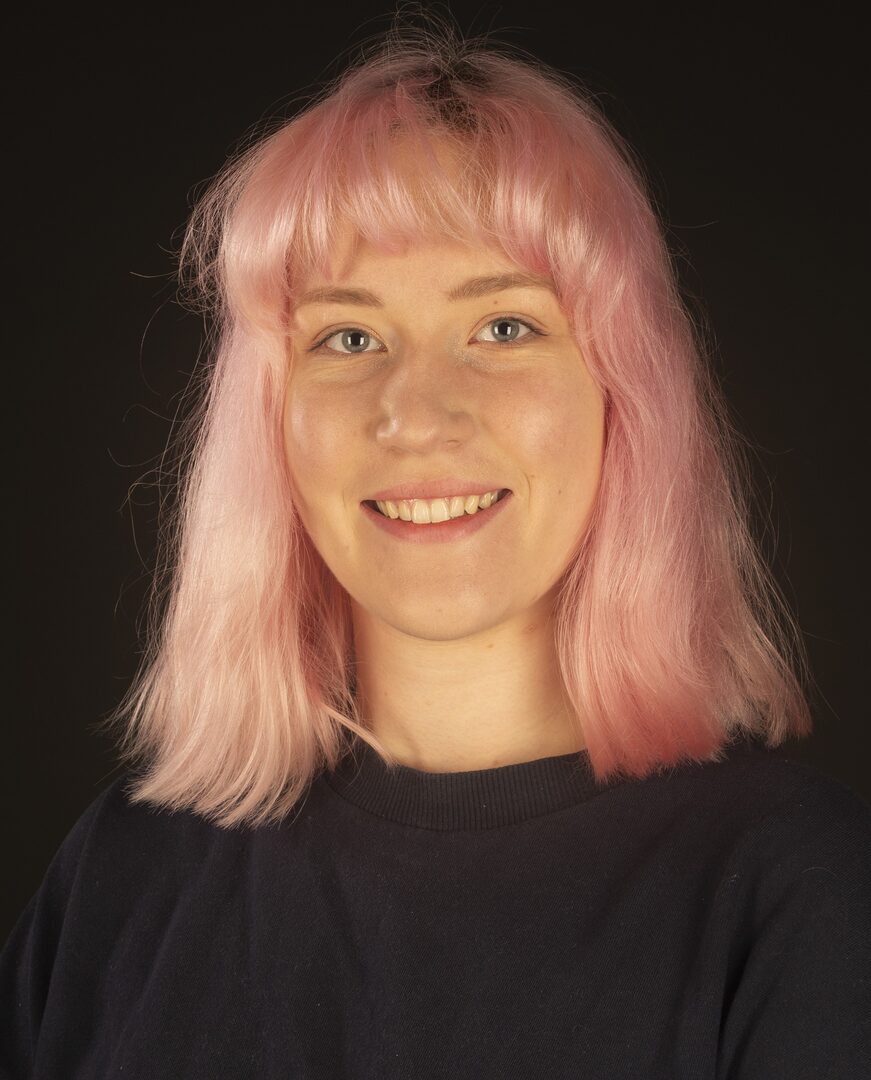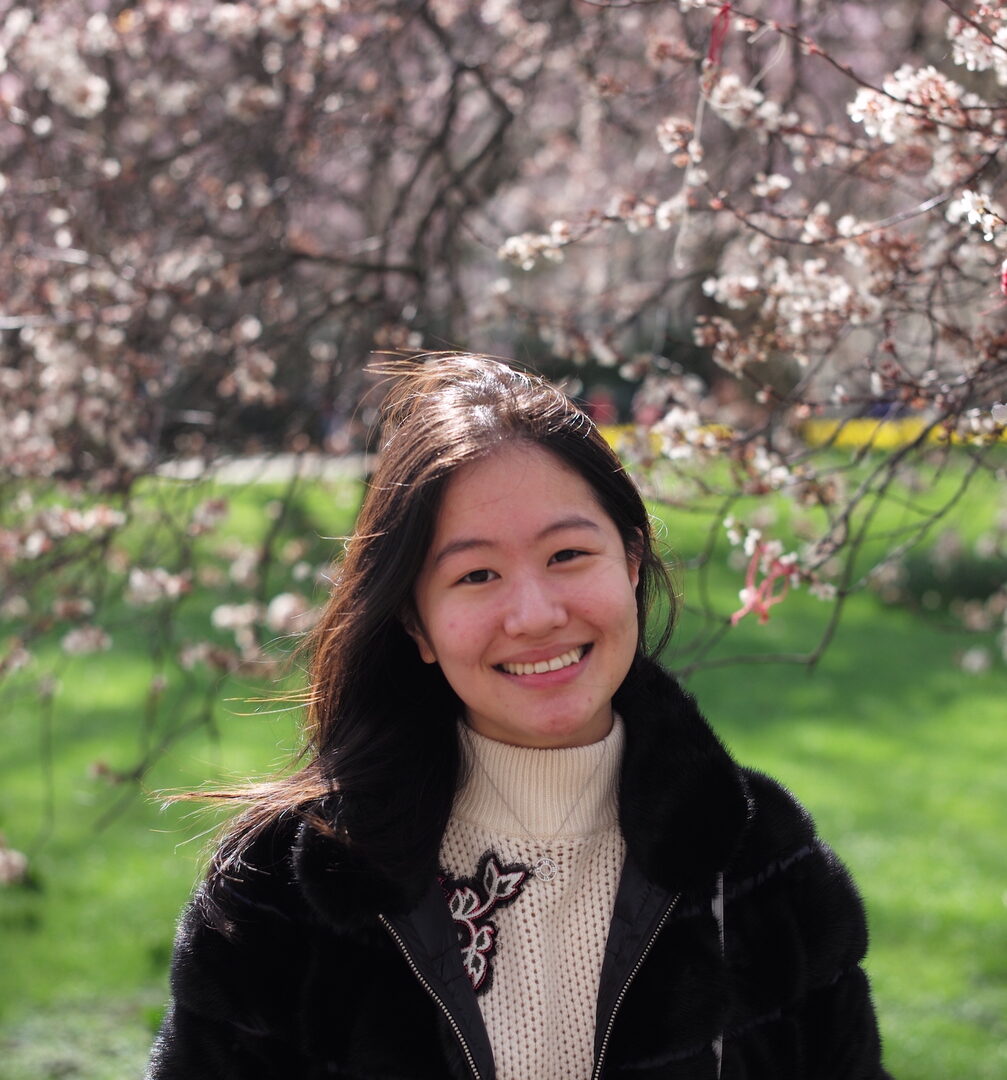Tutors and Participants
Tutors
Gabriela Cirtala (Postdoc, OIST)
I am a Postdoc in the Computational Neuroscience unit led by Prof De Schutter at OIST. I joined the lab 4 years ago and I have been working on Purkinje cell modeling ever since. This is my third time tutoring at the OCNC and I loved and enjoyed every single OCNC moment so far.At OIST, I am currently developing the first heterogeneous ion channel conductance density Purkinje cell model, for which I use the Neuron software. I am a mathematical modeler by background and I obtained my PhD in math (applied to neuroscience). My previous work concerned the interaction between the electrophysiology, metabolism and hemodynamics in a neuron-astrocyte model, which we modeled through multi-scale systems of differential equations.
As hobbies, I love hiking, spending my time in nature and swimming in the Okinawan beautiful sea. I am a bit of a nerd, I love scifi books, movies and board games!
Looking forward to meeting you all! I will do my best to help guide you learn new and cool stuff.
Expertise Info: Computational Neuroscience, Purkinje Cell Modeling, Dendrites, Mathematical Modeling, Multi-scale Modeling, Differential Equations, Dynamical Systems, Neuron-Astrocyte Interaction, Ischemia, Cortical Spreading Depression
Software: NEURON, Matlab
Lucy Lai (TSVP Visiting Scholar, Harvard University)
Welcome to Okinawa! I am a TSVP Visiting Scholar at OIST, affiliated with Kenji Doya and Gail Tripp. I just finished my Ph.D. this May from Harvard, and will be spending the next year in Okinawa. At Harvard, I was advised by Sam Gershman, where I used computational models to study how humans learn and make decisions under cognitive constraints. I've had the privilege of doing research in many places: Baylor College of Medicine, MIT, Janelia Research Campus, UCL, and now...OIST! As such, I am more than happy to connect you with people that I know (I have a track record of helping people get jobs this way, haha). I love to teach and mentor, and am excited to get to know you all this summer! I also love coffee, good food (ask me about the best cafés/restaurants here), the beach, and latin dancing.
Expertise Info: Information theory, reinforcement learning, Bayesian cognitive modeling, Python, MATLAB, teaching careers in academia
Nelson Niemeyer (PhD student, Humboldt-Universität zu Berlin)
I am a PhD student at the Computational Neurophysiology Group led by Prof. Susanne Schreiber in Berlin. My research interests revolve around single-neuron properties and how they affect synchronization in small networks. In my thesis, I study a five-neuron network in Drosophila that controls wing movements during flight. I use conductance-based neuron models and bifurcation analysis to understand how the excitability properties of individual neurons allow the network to function robustly.
I am very excited to come to Okinawa and meet you all!
Expertise Info: Central pattern generators, gap junctions, phase response curves, models of single-neuron homeostasis
Aleksandra Gavrilova (PhD student, OIST)
I am a PhD student in the Optical Neuroimaging Unit, led by Prof. Bernd Kuhn at OIST. My current work is mainly focused on the interactions within cerebellar cortex during locomotion adaptation in mice.
It is my third time participating at OCNC, only now as a tutor - it was always a pleasure to meet people with such diverse backgrounds as in computational, as in experimental fields. Hope to do my best and help you with your projects and get smarter together!
In my free time, I like exploring Okinawa, reading and so far unsuccessfully teaching my hamster circus tricks :)
Topics: biophysics, neurodegenerative disorders, animal's behavior, motor adaptation, olivo-cerebellar system
Experimental Neuroscience: cranial surgery, two-photon calcium-voltage imaging, electrophysiology
Software: Python, MATLAB, DeepLabCut, SOLIDWORKS (different sort of modeling)
Technical Support
Weiliang Chen, Staff Scientist, OIST
Jules Lallouette, Postdoc, OIST
Iain Hepburn, Technician, OIST
Participants
Arezoo Alizadeh (Postdoc researcher, Radboud University)
I am a postdoctoral research fellow in Computational Neuroscience at Donders Center for Neuroscience (DCN), in the research group led by Dr. Fleur Zeldenrust. I study how the neural architecture of the cerebral cortex such as the ratio of excitatory and inhibitory neurons affects layer-specific dynamics and computational properties within balanced networks.
I also have research on the modeling of eye-head gaze shifts by a spiking neural network model of the superior colliculus under the guidance of Prof. John van Opstal at DCN.
During my doctoral studies at the Italian Institute of Technology, I worked on machine learning techniques, and tensor factorization methods for decoding stimulus information from electrophysiological data.
Love science, but also adore hiking, skiing, and connecting with diverse cultures!
Looking forward to meeting everyone in Okinawa.
Expertise Info: neural network modeling, electrophysiology, machine learning, tensor factorization
Uladzislau Barayeu (Ph.D Student, ISTA)
I am Vlad, I am a PhD student at the Institute of Science and Technology Austria. I am working in the lab of Jozsef Csicvari to investigate prefrontal-hippocampal activity in vivo in rats. In my project, I record activity from hundreds of cells simultaneously to build a model that explains the evolution of this activity over learning. Besides science, I am exploring Austria and Europe with my dog and family, looking forward to meeting you all in Okinawa.
Liad Baruchin (Research Fellow, University of Sussex)
Hi! I am a research fellow at the university of Sussex.
I am studying how behavioural states affect visual processing, focusing on a part of the visual system called the superior colliculus.
I use mostly two photon imaging in mice. I use many analysis methods taken from machine learning and data science to analyse my data, and I would like to use the course to expend my knowledge of computational neuroscience and apply it to my research. I am looking forward to joining you all in Okinawa.
Elisa Chinigò (PhD Student, New York University)
I am a Neuroscience PhD student at New York University (NYU), co-advised by Xiao-Jing Wang and György Buzsáki. I am broadly interested in data-driven models of brain function, such as learning and memory consolidation. For my PhD project I am looking at how dynamical systems models can help us understand the pattern of interactions between cortex and hippocampus during sleep supporting consolidation of memories from short-term to long-term storage. I am also interested in how varying biophysical properties across the neocortex determine the path and spread of travelling waves during NREM sleep.
Looking forward to meeting everyone in Okinawa :)
Quentin Dercon (Ph.D Student, UCL)
I have a background in neuroscience and medical statistics, and I'm currently in my second year of a PhD in mental health science at UCL. I am particularly interested in treatments for symptoms of mental ill-health - both pharmacological and psychological - and I use computational modelling to (try to) understand why they (don't) work for different people. The hope would be to leverage these mechanistic insights to better predict treatment responses or allocation. Outside of academia, I'm a keen musician: I play drums in a pop-funk band, and love to DJ (electronic music, mostly techno/dubstep/breakbeat).
John Gabel (PhD Student, MIT)
AI systems can trounce a grandmaster match after match, yet struggle to set up a chess board. Meanwhile, humans effortlessly manipulate a huge variety of objects. What is the neural basis of this behavioral flexibility? To answer this question, I aim to model the brain as subjects interact with physical scenes of objects. I perform this research in Mehrdad Jazayeri's lab through the MIT Brain and Cognitive Sciences PhD program.
Roxanne Hattingh (PhD student, University of Cape Town)
I'm a neuroscience PhD student in the Raimondo lab at the University of Cape Town, South Africa. I did my undergraduate degree in physics but transitioned to neuroscience, because I find the brain endlessly fascinating. I am currently studying the morphological development of pyramidal neurons in the human cortex using experimental approaches, but I have a growing interest in computational neuroscience which I hope to expand at the school. In my free time I love to be in the mountains or by the sea, reading or drawing.
Peter Hogg (Ph.D Candidate, The University of British Columbia)
I'm a Ph.D. Candidate from the University of British Columbia, located in Vancouver, Canada, where I study in Kurt Haas's laboratory. My project centers on the developmental dynamics of dendrites within the visual circuits of Xenopus laevis tadpoles. I have developed specialized software to reconstruct neurons and track their morphological changes over time using in vivo two-photon imaging. Additionally, I have constructed ultrafast random access two-photon microscopes to study the input-output relationship of a neuron's synaptic activity and how these change throughout development. Using these experimental measures, I would like to model the neuron's computational properties as their morphology changes and synapses are tuned.
Valerija Kello (PhD Student, MPI for Biological Intelligence)
I am a PhD student at the Max Planck Institute for Biological Intelligence in the group of Benedikt Grothe. I am interested in studying how sound location is encoded by the neurons of the auditory cortex and how the representation of the sound source changes when a specific location becomes relevant to the animal. My main techniques are two-photon calcium imaging and behavior training. Being an experimental scientist, I am excited to start using computational neuroscience methods in my research.
I am looking forward to meeting everyone in Okinawa!
Tony (Hyun) Kim (Senior Engineer, HHMI/Stanford University)
I am a Senior Engineer at the Howard Hughes Medical Institute / Stanford University, where I develop state-of-the-art optical techniques for recording and manipulating large-scale neural activity in vivo at single-cell resolution. I obtained my S.B. and M.Eng. degrees in Physics, Electrical Engineering, and Computer Science from M.I.T., during which I authored several papers and patents in the fields of quantum computing, magnetic resonance imaging, and laboratory automation. Since 2011, I have applied my engineering knowledge to the study of the biological brain at Stanford University, where I earned my Ph.D. in Electrical Engineering under the guidance of Prof. Mark Schnitzer. Over the past decade, I have pioneered new approaches to two-photon microscopy based on micro-optics and robotics for simultaneously imaging neural activity in many combinations of brain areas in a single animal. Using my inventions, I have published and continue to pursue neuroscientific studies that examine how neural activities across the brain support motor skill learning, and how these activities may serve as the basis for future brain-computer interface devices.
Tuoxing Liu (Master's Student, Universität Heidelberg)
Feel free to call me Lennox. I'm a senior master's student majoring in scientific computing in Heidelberg, Germany. With a background in computer science and computational mathematics, I am preparing my master's thesis in the lab of Prof. Alexander Groh, working with Dr. Rebecca Mease. My current project focuses on the information transfer analysis of multisite recordings from the thalamocortical system during learning in mice, primarily using the transfer entropy method.
Aside from my current research topic, I'm interested in the mechanism and formation of human consciousness, probably in a philosophical direction. It would be great if we could talk about them.
Nikos Malakasis (Ph.D Candidate, TUM)
Hey, I am Nikos, and I am currently a PhD student at the Technical University of Munich (TUM). I started my academic journey with a bachelor's in Biology and slowly paved my way towards Computational Neuroscience during my master's in Bioinformatics. My (neuro)scientific interests are quite diverse, but my work is mostly focused on dendrites, inhibition, and plasticity. Additionally, I am extremely interested in predictive coding, which I aspire to delve deeper into during OCNC. Besides science, I enjoy online and offline gaming, specifically strategy and trading card games.
Masahiro Nakano (Ph.D Student, University College London)
I am a first-year PhD student at UCL. I am interested in schema learning and addressing from both experimental and theoretical aspects. I'm still exploring whether I want to be more of an experimentalist or a theorist, so I'm very excited to join this summer course!
Kateryna Nechyporenko (PhD Student, University of Exeter)
Hello! I am 2nd year PhD student at the University of Exeter under the supervision of Prof. Krasimira Tsaneva-Atanasova, and I study interplay between stress and reproduction using mathematical modelling. The main focus of my research is to understand the neuronal network dynamics in the posterodorsal medial amygdala (MePD), which is involved in shaping reproductive hormone pulsatility. During OCNC I am planning to investigate network’s structure and dynamics using in vivo GRIN lens calcium imaging of individual MePD GABA neurons’ activity.
Looking forward to meeting everyone in Okinawa!
My speciality is continuation analysis. I have experience working with different software packages, such a COCO, MatCont and AUTO 07p. My go-to programming language is MATLAB, but I have experience working with Python and Julia.
Katarzyna Piekarz (Postdoctoral Fellow, Georgia Institute of Technology)
I'm a postdoc at Georgia Tech in Alberto Stolfi's lab, which focuses on developmental biology using Ciona intestinalis, a sea squirt, as a model organism. I'm currently working on a simulation of Ciona's motor ganglion to investigate how its simple nervous system can generate a relatively complex repertoire of swimming behavior. I'm also interested in how simulations, computational neuroscience and machine learning can be leveraged to answer questions concerning the developmental and aging processes.
Julia Rodriguez-Sanchez (PhD Student, University College London)
I am a PhD student in Neuroscience and Mental Health at the UCL Centre for Medical Image Computing. I use neuroimaging and biophysically plausible models of the brain to study excitatory-inhibitory function in psychosis spectrum disorders. I am particularly interested in the role of the amino acid neurotransmitter systems (glutamate, GABA) in the emergence of psychotic symptoms, as well as the potential of using glutamatergic drugs for the treatment of schizophrenia. I am looking forward to meeting you!
Lucas Williamson (Ph.D. student, Emory University)
I am a PhD student in neuroscience at Emory University in Atlanta, GA with a background in behavioral neuroscience and computer science. I am interested in how the motor cortex organizes its activity to control whole-body movement during free behavior. I investigate this system in mice using markerless 3D tracking, wireless in vivo electrophysiology, and unsupervised machine learning for latent variable modeling. As a member of both an experimental lab and a theory lab, I strive to integrate both scientific perspectives at every stage of my research. My career interest is in the field of brain-machine interfaces for rehabilitation and augmentation. I look forward to meeting everyone and learning more about computational neuroscience at OCNC!
Alicia Strosche (PhD Student, Max Planck Institute for Brain Research)
I’m a PhD student in the lab of Vanessa Stempel at the Max Planck Institute for Brain Research in Frankfurt. I investigate how the brainstem encodes the motor execution of instinctive behaviours. I approach this question with anatomical mappings as well as manipulation and recording of neuronal activity in freely moving mice using chemogenetics and calcium imaging. Looking forward to meeting you all in Okinawa!
Lily Winkler (Research Technician, University College London)
I recently graduated from UCL with an MSci in Neuroscience and am now working as a research technician at the UCL Institute of Neurology Rusakov lab. My main research interest are astrocytes, glial cells which ensheath synapses with their fine processes and modulate neuronal activity. I want to investigate how astrocyte activity affects dendritic integration and thereby influences the computation done by neuronal circuits. I use two-photon microscopes and electrophysiology techniques to study cells in mouse brain slices and in vivo, but am hoping to gain more experience in using computational tools to model integrative processes in dendrites. I look forward to meeting you all in Okinawa!
Serena Wu (PhD Student, McGill University)
I'm a 2nd PhD student in Rose Bagot's lab at McGill University. Broadly, I hope to use mouse models for depression and anxiety to understand the neural mechanisms underlying depression-like behaviors. More specifically, my work investigates prefrontal neural encodings of reward and their modulation by stress and psilocybin using single photon calcium imaging in mice. I'm looking forward to meeting you all and for this opportunity to further my computational skillset.
Outside of the lab, I enjoy climbing, scuba diving, and eating good food!




